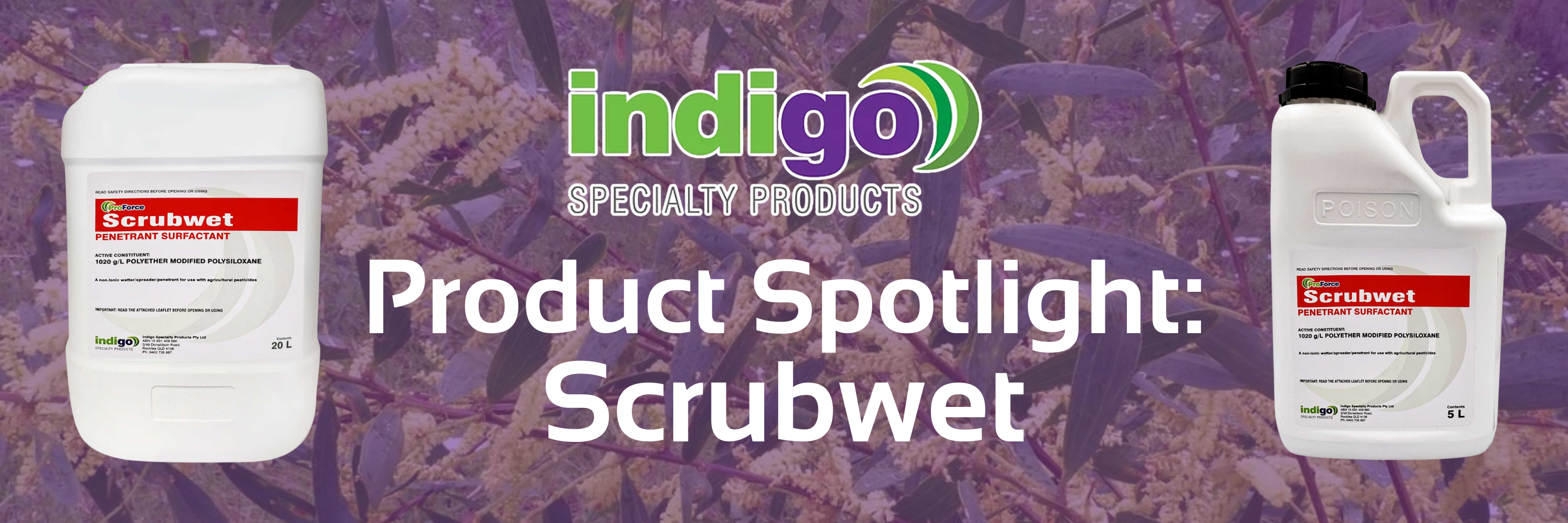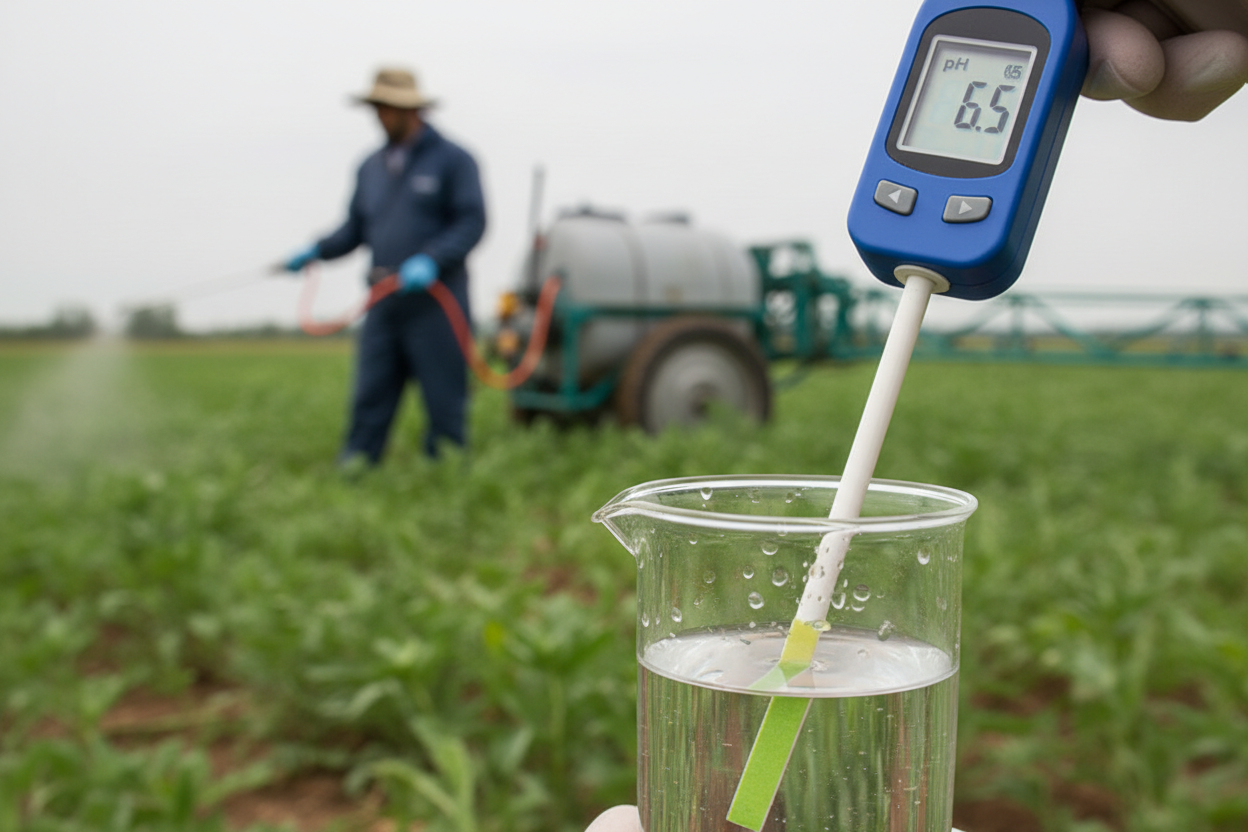
Product Spotlight - Indigo Scrubwet Penetrant Surfactant
pH Considerations for Scrubwet Application:
When using Scrubwet Penetrant Surfactant, pH levels of the water used for mixing are crucial for maintaining efficacy. Here are some key points to consider:
pH Range:
-
Aim for a pH below 7 for optimal performance.
-
pH levels above 7 can start to impact the effectiveness of Scrubwet, with significant issues arising around pH 8 or 9.
Challenges with High pH Water:
-
High pH water can lead to the breakdown of Scrubwet and weaken its chemical properties.
-
Extended exposure to high pH water can exacerbate this breakdown, reducing the effectiveness of the penetrant & surfactant.
Mitigation Strategies:
-
Acidifying the water before mixing with Scrubwet can mitigate pH-related issues and ensure consistent performance.
-
Acidification of water is essential, particularly in regions where natural water sources have pH levels above 7.
-
Consider using rainwater or acidified water sources in areas with consistently high pH levels to maintain the efficacy of Scrubwet.
Mixing Recommendations:
-
For optimal results, consider using both acidification and Scrubwet in your mixing regimen, especially in areas with notoriously high pH water sources.
-
Regular monitoring of pH levels in water sources is recommended to ensure consistency and efficacy in product applications.

By carefully managing pH levels and implementing appropriate mitigation strategies, turf managers can maximise the effectiveness of Scrubwet and aid with desired weed control outcomes, even in challenging environmental conditions.
Read more about the product Scrubwet here:
Additional content
VIEW GWS' ADDITIONAL CONTENT TO LEARN MORE ABOUT THE WEED INDUSTRY

One of the strongest arguments for Integrated Vegetation Management is not operational, it is governance based. In traditional reactive vegetation management models, decisions are often difficult t...
Read more
As Integrated Vegetation Management gains traction, one question consistently arises, how do we change contracting models without increasing risk or losing governance control. This concern is under...
Read more
Town Water pH in Australia and Its Impact on Weak Acid Herbicides
Australian vegetation managers often assume that town water is neutral and therefore suitable for spraying without adjustment. In practice, most municipal and regional water supplies are treated to...
Read more
